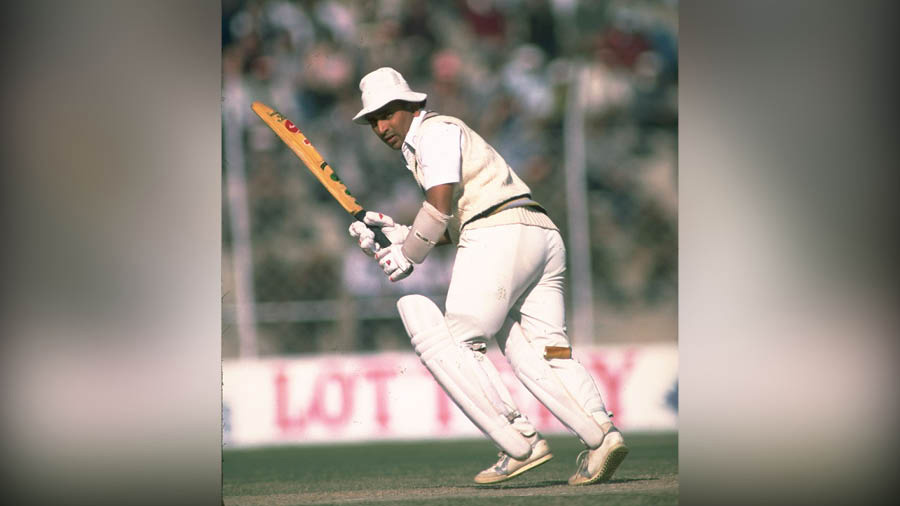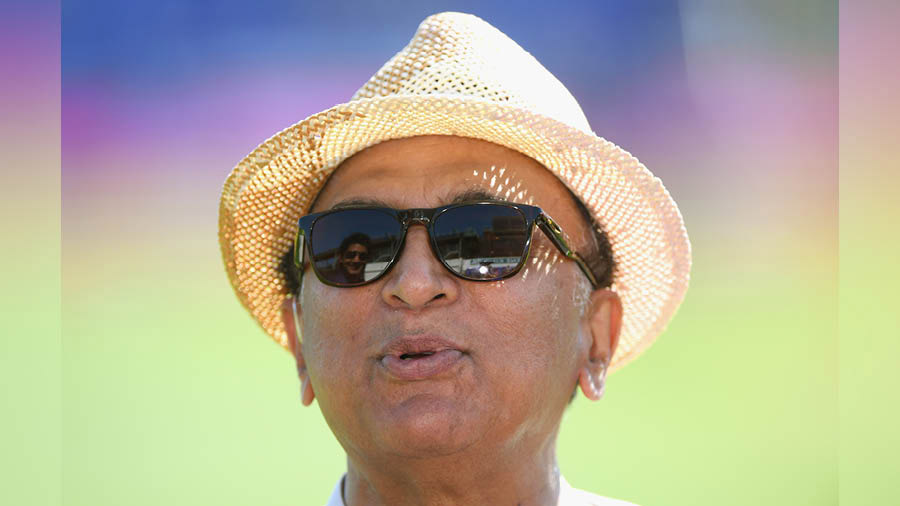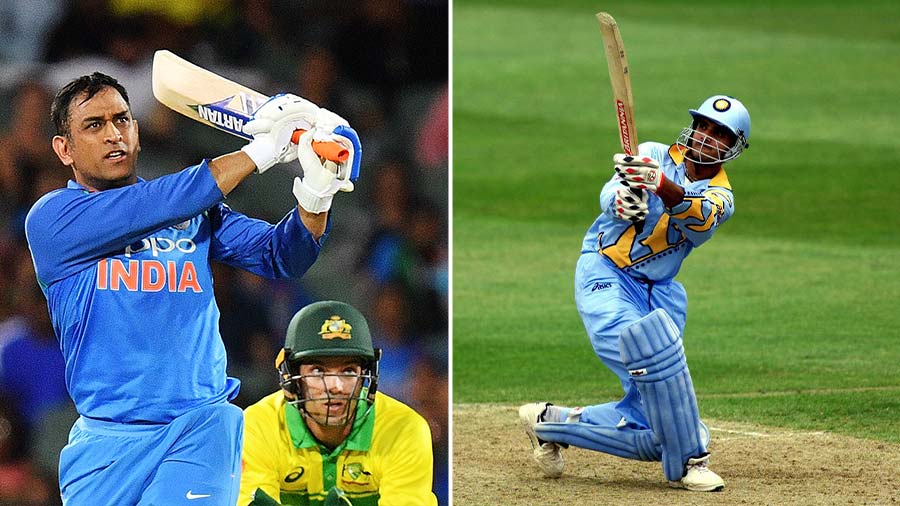Greg Chappell: Upright, elegant.
Vivian Richards: Kingly; any other word is irrelevant.
David Gower: Languid, graceful.
Zaheer Abbas: Stylish, insatiable hunger for runs.
Sunil Gavaskar?
Oh, Sunny, too many words come to mind. Okay, let’s tick them out one by one. Reassuring. Dependable. Judicious. Unbreachable. Unflappable. Artist of the impeccable leave.
Wait, there’s a simple word that just about covers everything — solid.
It’s a terribly prosaic word but it conveys exactly how the older folks remember him. Especially those who grew up in the helmet-less Seventies, watching or imagining over the radio the torrid pace of West Indian Andy Roberts or Jeff Thomson of Australia. To them, Gavaskar meant solidity. Not the dour solidity of the less gifted but the charismatic compactness of someone who had virtually all the strokes a cricket manual can have but had chosen to exercise them with care.
Gavaskar was a master of discernment. When he ducked beneath a rising ball or shouldered arms to one tearing past, it was out of a sense of moral responsibility to those who had come to watch him bat and the instinctive awareness that the expectations of a whole nation were upon him, not something to be trifled with. Only true heroes know how to honour that commitment.

In the Seventies, Gavaskar meant solidity
Adrian Murrell/Allsport UKLong before the debonair superheroes of today, Gavaskar was the original hero — but one who chose collective safety over individual flamboyance. Occasionally, that flair would express itself in the form of a gorgeous cover drive or one caressed past the bowler in copybook elegance, but even such moments of deliberate aggression exuded a sense of reliability. In the way he stood at the crease, in his follow-through, head still under a wide floppy hat, body beautifully balanced.
He still has that same compact gait at 74. Yes, in case you weren’t aware, Gavaskar just turned a year older on Monday, July 10. If only it was possible to turn the clock back!
Sense of calm
There were, of course, those who took your breath away with their carefree stroke play, but Gavaskar did something no less important; and perhaps more vital: he steadied your breath, when the going got rough. That would be quite often in those days when every innings was like a journey into uncertainty, with not much to fall back on after the upper order had fallen. But as long as Gavaskar was around, there was a sense of calm and hope of respectability. Perhaps even the hope of glorious redemption.
A taste of how glorious it could be came at The Oval in 1979 against Mike Brearley’s England. Set a fourth-innings target of 438, Gavaskar had carried the team to the brink of an improbable win but fell for a then career-best 221, with India needing only 49 runs for what would have been a series-levelling victory.
Redemption didn’t come that September day. India would run out of time, agonisingly close. But that innings would provide something for the future. A proud right of reference to one of the immortal innings played and a collective treasure every Indian would have the unrestrained licence to bring up anytime and anywhere. More so on special days like this.
There is something about memory and occasions like birthdays and anniversaries; they invariably knock hand in hand, like partners in reminiscence.
Were cricket ever to be held up as a metaphor, the modern limited-overs game would be about the moments of excitement life tosses at us every now and then to break the tedium of struggle. The five-day act, though, is more like life itself, multilayered, in its subtle compatibility of inaction and sudden dynamism. Gavaskar epitomised that subtlety, in his immaculate defence and cautious aggression. It's not that he never failed. He did, at times spectacularly. Like the time he departed first ball to Malcolm Marshall at the Eden Gardens in December 1983, but he would redeem himself spectacularly too.
At Madras (Chennai now) in the next Test, the series already lost, but Clive Lloyd's West Indies still bent on heaping further humiliation as revenge for their World Cup despair, Gavaskar would ease into that fearsome pace attack of Roberts, Marshall and Michael Holding to score 236 not out. That double century would take him past Don Bradman's 29 Test hundreds; one more milestone in his statistics of preeminence. But Gavaskar was much more than statistics. The runs would come, because even the best of bowlers would find it difficult to tempt him into indiscretion. He was the spine in a lineup that could often be brittle. By the time he slipped out of his flannels, India’s cricketing spine had toughened enough to beat the best.
Sunny means faith
If Gundappa Viswanath, a shade laid-back but exquisitely wristy, was the one the crowds loved in that Indian team of the Seventies and early Eighties, Gavaskar was the one they put their faith in. That is what would define Gavaskar’s career. From the time he got going in the Caribbean in early 1971 till he walked away from Test cricket four runs short of what would have been his 35th hundred on a treacherous pitch where the ball reared and spat like a serpent.
March 17, 1987; M Chinnaswamy Stadium, Bangalore. It was on such a pitch, against Imran Khan's Pakistan, that Gavaskar would play his last Test innings. He was on 96 — and India deep into rearguard retrieve — when the umpire’s finger went up on the collective expectancy of the nation.
That day too, like at The Oval nearly eight years earlier, Gavaskar had taken India to the brink of victory. It was not to be — but as long as Sunny was there, there was hope.
An era had ended that day as Gavaskar walked off the field and into the shadows, the odour of inevitable defeat heavy in the air. Something else would end too, at least for some time — the instinctive click of radio knobs when someone would be dismissed. For years, the sudden silence of the transistor would invariably mean that Sunil Gavaskar was back in the pavilion.
Not many can command such fidelity.







